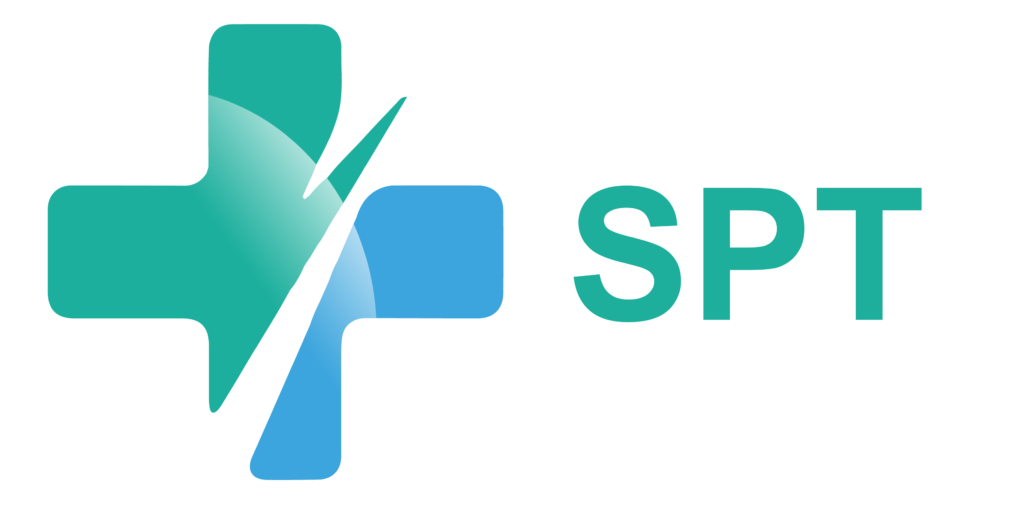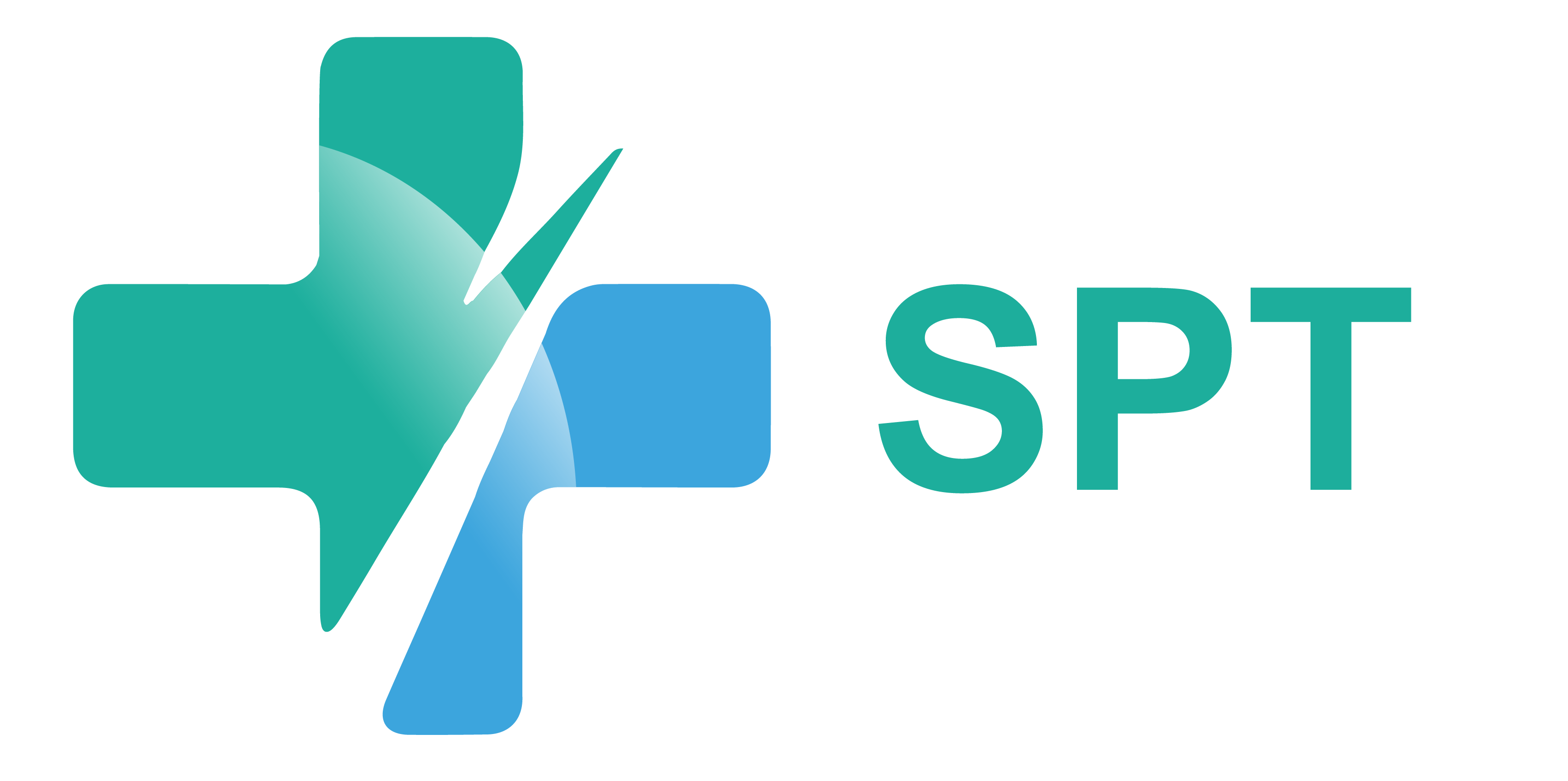Running a nephrology practice comes with its unique set of financial hurdles. However, with a bit of insider know-how, there’s a lot you can do to not just keep your head above water, but actually prosper.
If you’re doing nephrology practice, you know that financial health is as crucial as patient health. But what’s the secret to boosting revenue without compromising care? Get ready for some revenue optimization tips for nephrology practices and straightforward advice that could change the game for your clinic.
What is Meant by Nephrology Practices?
In the simplest terms, nephrology practices refer to medical offices or clinics specialized in diagnosing and treating kidney diseases and disorders. These practices are spearheaded by nephrologists—doctors specifically trained to tackle everything from chronic kidney disease and hypertension to electrolyte imbalances and dialysis management.
Key aspects of nephrology practices include:
- Diagnosis and treatment of kidney-related ailments.
- Management of dialysis treatments.
- Care for patients undergoing kidney transplants.
- Treatment of hypertension and its effects on the kidneys.
- Prevention and management of chronic kidney diseases.
Given the kidneys’ critical role in filtering and detoxifying the blood, maintaining their health is paramount. Nephrology practices play an essential role in this, offering specialized care to ensure patients’ renal health remains in top condition.
Lately, the National Kidney Foundation held an annual spring clinical meeting for Nephrology professionals to address practices in detail. Now we will address the role of revenue optimization in it.
Role of Revenue Optimization for Nephrology Practices
We examine those who followed revenue optimization tips for nephrology practices and the facts show how important it is for kidney care clinics to manage their money well. It helps them stay open longer and do their job better. They can avail best nephrology billing services in town to enjoy the benefits. Some of the core advantages are listed below:
Reduced Administrative Errors
Streamlined billing and coding processes can lower claim denial rates. Industry averages suggest that improved accuracy in coding could reduce denial rates by up to 90%.
Higher Patient Satisfaction
Practices utilizing revenue optimization strategies often see a 15-20% increase in patient satisfaction scores, as financial efficiency allows for more focused patient care. When a practice runs smoothly, patients notice. They’re happier because we can concentrate more on caring for them and less on paperwork.
Investment in Technology
A financially optimized nephrology practice can allocate an additional 10-15% of its budget towards advanced medical technologies. How? By keeping a close eye on revenues, practices can free up cash to buy or replace equipment. This means a better experience for patients and more accurate diagnoses.
8 Revenue Optimization Tips for Nephrology Practices
These Nephrology billing tips are grounded in industry best practices and technological advancements that have been tested and shown to contribute to the financial health and sustainability of nephrology practices. Now you can maximize the nephrology revenue cycle by implementing them:
1. Specialized Record Systems
Kidney health clinics should use record systems made just for nephrology. This medical billing record system can make it easier for doctors to keep track of patient care and make sure they’re using the right billing codes. This leads to the clinic getting paid more often and less hassle with insurance companies, which means more money in the bank.
2. Regular Coding Checkups
For a clinic focused on kidney care, checking coding is like a regular health check-up but for their bills. By making sure codes are right, they catch mistakes that could cost them money. Think of it as keeping their financial health in tip-top shape, helping them avoid missed payments for their hard work.
3. Faster Pre-authorization
Getting a thumbs up from insurance faster means kidney care clinics don’t wait as long to get paid for the treatments they provide. It’s all about making the patient eligibility verification and overall process smooth and quick. When this part of the job takes less time, patients get the care they need sooner, and the clinic sees the cash flow better.
4. Predictive Income Tracking
This is one of the crucial nephrology billing tips. Predictive income tracking employs historical financial data alongside current market trends to forecast future revenue, allowing nephrology clinics to anticipate periods of high demand or downturns.
For instance, by analyzing seasonal fluctuations in patient visits or the impact of new insurance policies, clinics can adjust staffing or negotiate better supply rates ahead of time. This strategic approach to financial planning helps in stabilizing cash flow and identifying potential areas for growth or cost reduction.
5. Full-On Revenue Cycle Management
Effective Revenue Cycle Management (RCM) in nephrology involves a careful process from patient onboarding to payment collection. It’s crucial to focus on aspects like accurate patient data entry, timely billing, and efficient claim follow-ups. For example, ensuring that each patient’s insurance benefits are verified before procedures can significantly reduce denials due to coverage issues.
Moreover, adopting automated billing systems that flag coding errors before claim submission can decrease delays and improve revenue collection rates. This integrated approach ensures that financial barriers to optimal care delivery are minimized.
6. Value-Based Care
When we test the revenue optimization tips for nephrology practices, then this one comes with the best output. Moving to Value-Based Care in kidney clinics is all about focusing on the patient’s health results, rather than just the number of treatments given. It means keeping a close eye on how patients with ongoing kidney issues are doing. Clinics help patients manage their condition better with education on taking care of themselves and making healthy choices.
Doing well here isn’t just great for patients; it can also lead to extra payments from insurance companies because they support efforts that keep patients out of the hospital. It’s good for patients, and it’s smart business for clinics aiming to do their best.
Also Read: Nephrology Billing and Coding Guidelines.
7. Broad Telehealth Services
Expanding telehealth means kidney clinic patients can get advice and check-ups without having to travel. This can be a game-changer, especially for those dealing with chronic kidney issues who need regular monitoring. More options for virtual visits mean more people can stick to their treatment plans, boosting the clinic’s ability to care for patients and keep the revenue flowing from steady appointments.
8. Smarter Insurance Negotiations
When kidney clinics get smart with insurance talks, they focus on getting the best terms for their services. This means understanding what treatments are most needed and making sure they’re covered at good rates. It’s like being well-prepared for a big exam; knowing their stuff helps clinics argue for better payment agreements. Better deals with insurance companies mean more stable income for providing top-notch patient care.
Importantly, this approach can also reduce the accounts receivable times by enabling quicker billing and payment processes for telehealth services.
5 Additional Nephrology Revenue Cycle Management Tips
- Every now and then, go through your billing process with a fine-tooth comb to catch any small mistakes that could cause big headaches down the line.
- Codes change, and staying on top of these updates means you’re always billing correctly—and not missing out on what you’re owed.
- When patients can pay in parts, they’re less likely to be overwhelmed by the cost, meaning fewer unpaid bills for your clinic.
- Invest in training so that your team is confident in navigating billing software and answering patient queries, which can improve both cash flow and customer service.
- Use tools that analyze your billing and service data to spot patterns. This can guide you on where to focus your efforts to maximize your income.
Best Nephrology RCM strategies
You have made yourself familiar with enough review optimization tips for nephrology practices. Now check them in a clearer picture by applying the key 5 strategies one by one.
| Strategy | Impact | How to Implement | Where to Implement | Potential Benefit | Supporting Statistics |
|---|---|---|---|---|---|
| Automated Payment Reminders | Reduces late payments | Set up automated reminders for impending bills | Customer service and billing department | Helps mitigate account receivables | Email reminders can reduce late payments by7.4%(YayPay) |
| Effective Denial Management | Addresses revenue leakages | Develop a system to deal timely with claim denials | Invoice and billing department | Retains potential revenue losses | Roughly 25% of denied claims never get paid (MGMA) |
| Patient-Specific Billing | Improves payment rates | Customize billing options considering the patient’s ability to pay | Billing and customer service departments | Reduces unpaid invoices and improves patient relationships | N/A |
| Precision Healthcare Analytics | Refines operational efficiency | Implement analytics to predict healthcare trends and patient behavior | Overall clinic operations | Improves patient services and revenue planning | Data-driven organizations are 23 times more likely to acquire customers (McKinsey) |
| Continuous Training and Development | Improves coding accuracy | Regularly update the staff with the latest changes in medical coding, insurance policies, and medical procedures | Administrative and medical staff | Minimizes billing errors and cashflow disruption | Inaccurate coding costs US healthcare$262 billion annually (ReliGroup) |
How to Improve Nephrology RCM
To improve Nephrology billing, always use the latest coding rules to avoid claim rejections. Implement tools for automated billing reminders and easy payment options. Make sure your team gets regular updates and training on billing practices. Lastly, use data analysis to spot trends and fix issues quickly, ensuring money flows smoothly.
Reimbursement Methodologies in Nephrology Billing
In nephrology billing, reimbursement methodologies often include fee-for-service for individual treatments or procedures, capitated payments where providers receive a set amount per patient regardless of treatments, and bundled payments for comprehensive care episodes.
Dig Digger: Benefits of EMR for Nephrology.
Additionally, value-based reimbursements reward providers for quality and efficiency in patient care. It’s crucial for Nephrologists to stay on top of your coding and paperwork to make sure you’re paid fairly and keep things above board.
Role Of SPT Nephrology Billing Services
At SPT Medical Billing Company, we specialize in maximizing reimbursement and streamlining billing processes for nephrology services. With our exceptional 98% claim acceptance rate, we ensure accurate, efficient billing and coding, increased revenue, and a focus on patient care, while reducing days in accounts receivable and denials.
Conclusion
Wrapping it up, and boosting your nephrology practice’s revenue doesn’t have to be complicated. Stay on top of your billing game, educate your team regularly, and don’t shy away from tech upgrades that make payments easier. By getting these revenue optimization tips for nephrology practices right, you’ll see your revenue grow, giving you more time to focus on caring for your patients.





